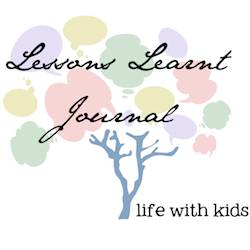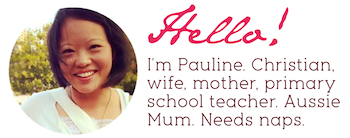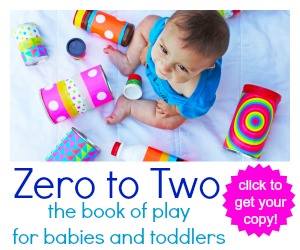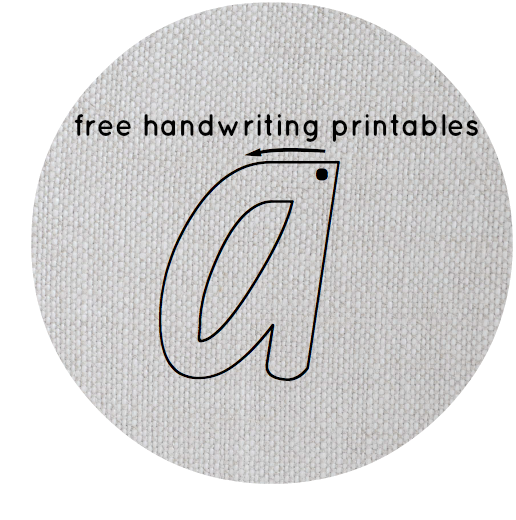I don’t consider myself mathematically inclined. However, during my stint at uni for my teaching degree, a professor once said this about reading:
“Reading equals decoding times (x) comprehension.
Note, reading does not equal decoding and (+) comprehension.
If you can’t decode, you can’t read.
If you can’t comprehend what you’re decoding, you’re not reading
To read, you need both decoding and comprehension skills”.
This statement has left an indelible impression on me.
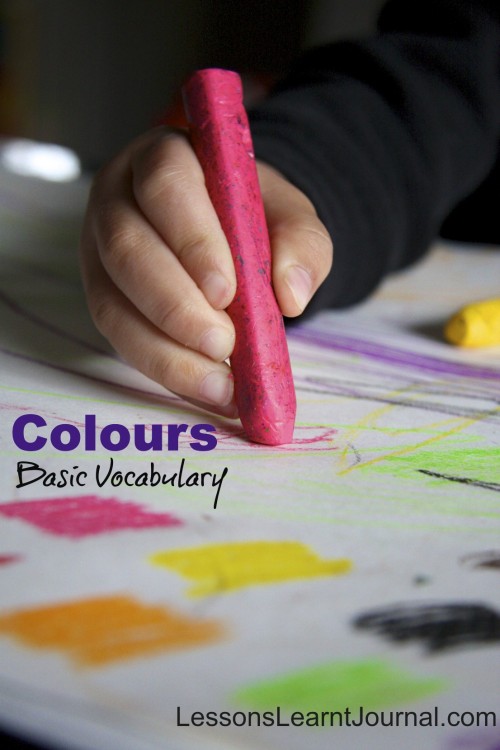
Basic vocabulary is necessary for a child as they begin to learn to read.
Assessing and Learning Basic Vocabulary: Colours
Here is a simple activity for assessing a child’s knowledge of colours.
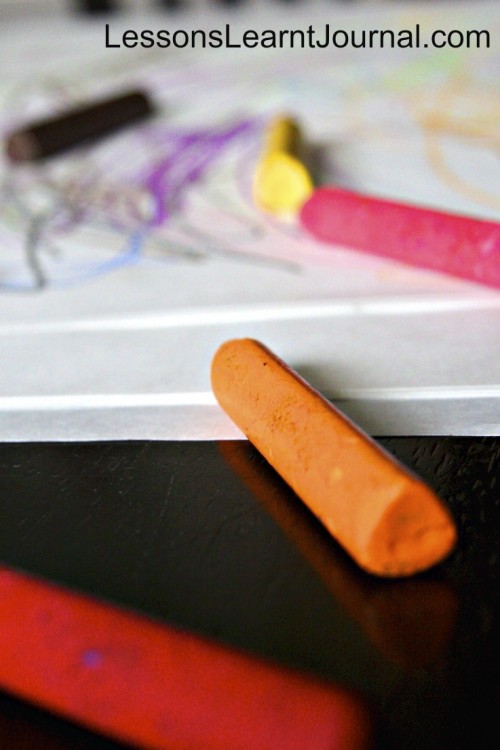
Use crayons to make marks of each colour. Point to each mark and ask, “What colour is this?”
I had a hunch where Mr E was at with his basic vocabulary. He’s about 2 and a half years old and is picking up new words every day.
I was pretty sure he would not be able to name the colours during this simple assessment, but I did it anyway. (Even after four plus years of maternity leave, you still can’t take the teacher out of me).
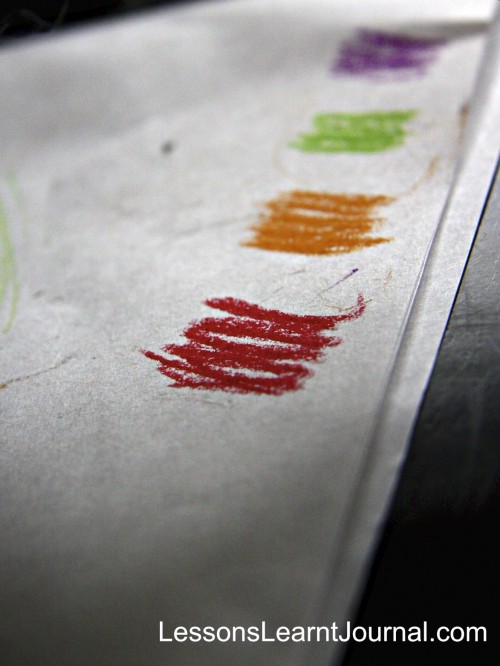
I scribbled a patch of colour and asked, “What colour is this?”.
Mr E looks at me with his beautiful, round puppy dog eyes, “Ehhh…”. I chuckled (inside of course).
I quickly modified this simple assessment into a vocabulary lesson for learning colours.
Vocabulary can be taught orally through modelling.
We went through a few colours, but I didn’t push it. While he is ever so keen to be like his older preschool brothers, his round baby face reminds me that he is still only about two and a half. We must learn to walk before we can run.
Colours can wait. I think we need to work on vocabulary for toilet training first.
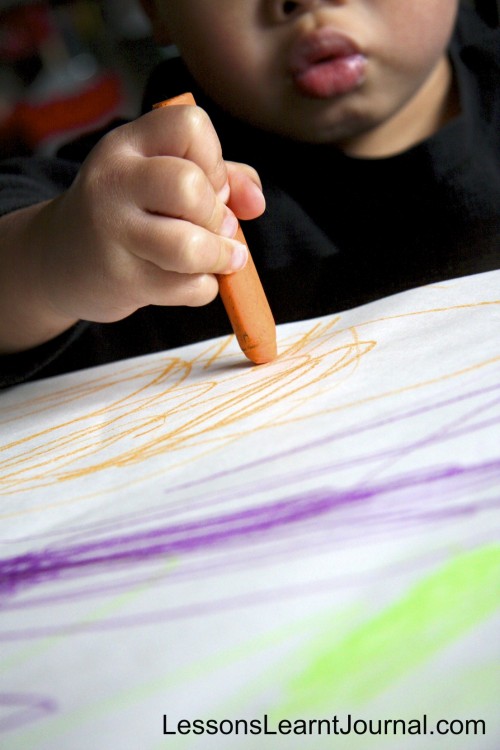
Important Teaching Points when Building Vocabulary
If your children are ready for more vocabulary building, here are some points to consider:
- Vocabulary should be taught both directly and indirectly.
- Encountering vocabulary words often and in various ways can have a significant effect on vocabulary learning.
- Choose vocabulary words that your child will find useful in many contexts.
- Repetition, richness of context and a child’s motivation adds to vocabulary learning.
E: 2 years, 4 months
October 2012
Some more important points to consider when building up a child’s vocabulary.
I originally published a version of this post on KidsActivitiesBlog.com

